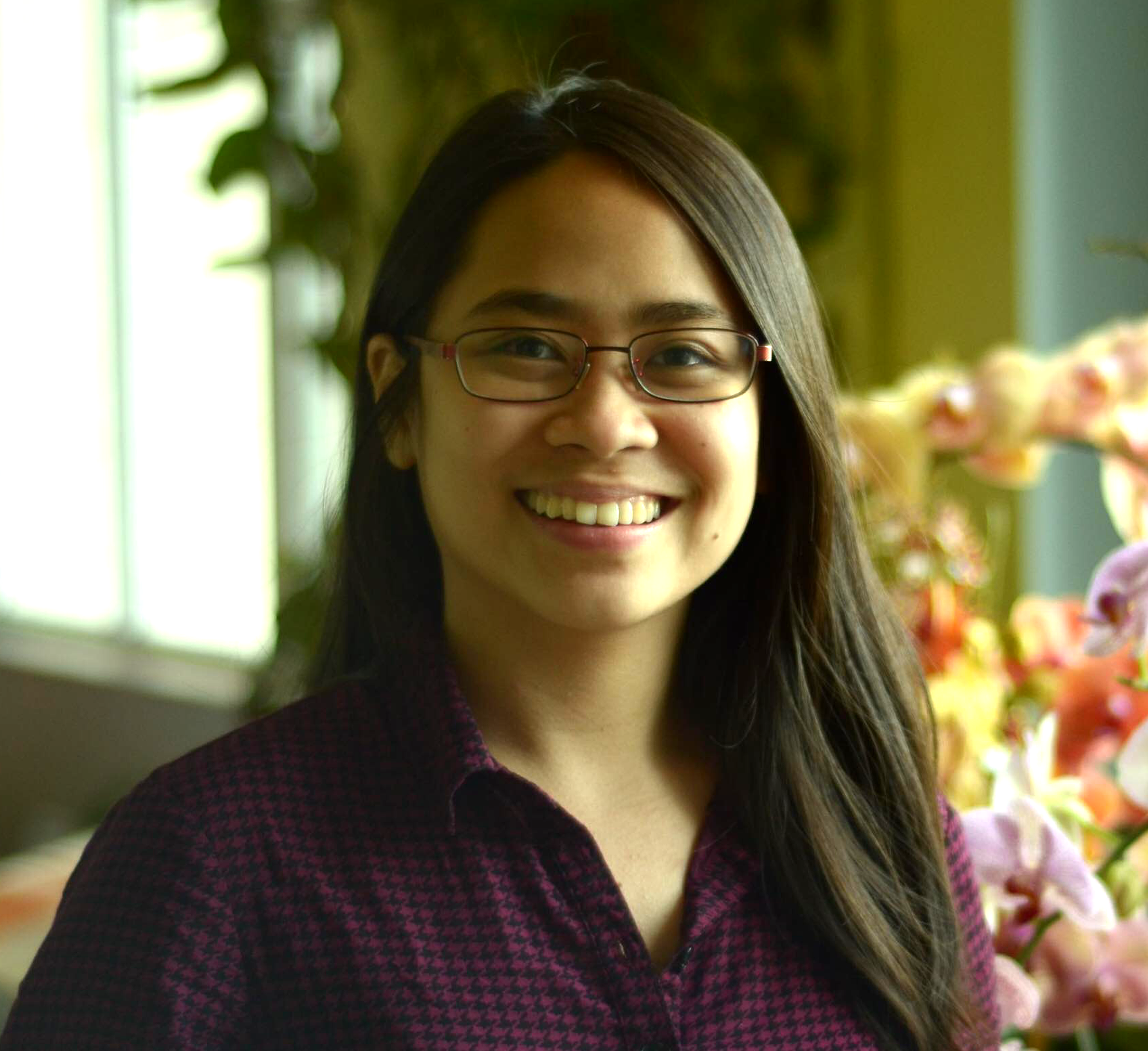Herdeline Ann M. Ardoña, Ph.D.
Herdeline Ann M. Ardoña, Ph.D.
Assistant Professor
Biography
Dr. Ardoña is originally from Valenzuela City, Philippines. She obtained her B.S. in Chemistry from the University of the Philippines Diliman in 2011. In 2017, she completed her Ph.D. in Chemistry at Johns Hopkins University, with funding support from Schlumberger Foundation and Howard Hughes Medical Institute. She then worked as an ACS Irving S. Sigal Postdoctoral Fellow in the Disease Biophysics Group at Harvard John A. Paulson School of Engineering and Applied Sciences. Dr. Ardoña started as an Assistant Professor at the UCI Department of Chemical and Biomolecular Engineering in 2020.
Research in Lay Terms
The Ardoña Research Group works at the interface of chemistry, engineering, and biology. Our team develops biologically relevant materials with functional properties that allow for 1) influencing the behavior of cells or tissues; 2) dynamic response to external biological cues, or 3) sensing capabilities with optical or electronic readouts. By mimicking the properties of the native environment of cells and tissues, such as surface chemistry and mechanical properties, we aim to integrate these synthetic materials with biotic interfaces. Our overarching goal is to engineer in vitro models of electrosensitive tissues, such as the myocardium, using these designer materials with optoelectronic properties as building blocks. These models may then be applied for investigating disease-specific mechanisms and pharmacological/toxicological screening.
Research Focus
Dr. Ardoña’s research team implements a bioinspired retrosynthetic approach for engineering organic materials and their corresponding assemblies to develop appropriate tools and platforms for investigating these biological phenomena at multiple spatial and temporal scales. With a specific focus on cardiac systems, macromolecular and polymeric materials that are optically and electronically active will be designed for controlling cellular behavior using minimally invasive approaches and for probing the dynamic response of cells/ tissues to pharmacological/ toxicological exposure. The innovative sensing capabilities of our materials may also be used for studying the effects of certain cardiac diseases on cellular mechanotransduction and action potential generation.
Publications
PubMed Link
https://pubmed.ncbi.nlm.nih.gov/?term=herdeline+ardona
Related Links

Email: hardona@uci.edu
Department Affiliations:
Chemical & Biomolecular Engineering
Favorite Quote:
“Science makes people reach selflessly for truth and objectivity; it teaches people to accept reality, with wonder and admiration, not to mention the deep awe and joy that the natural order of things brings to the true scientist.” -Lise Meitner